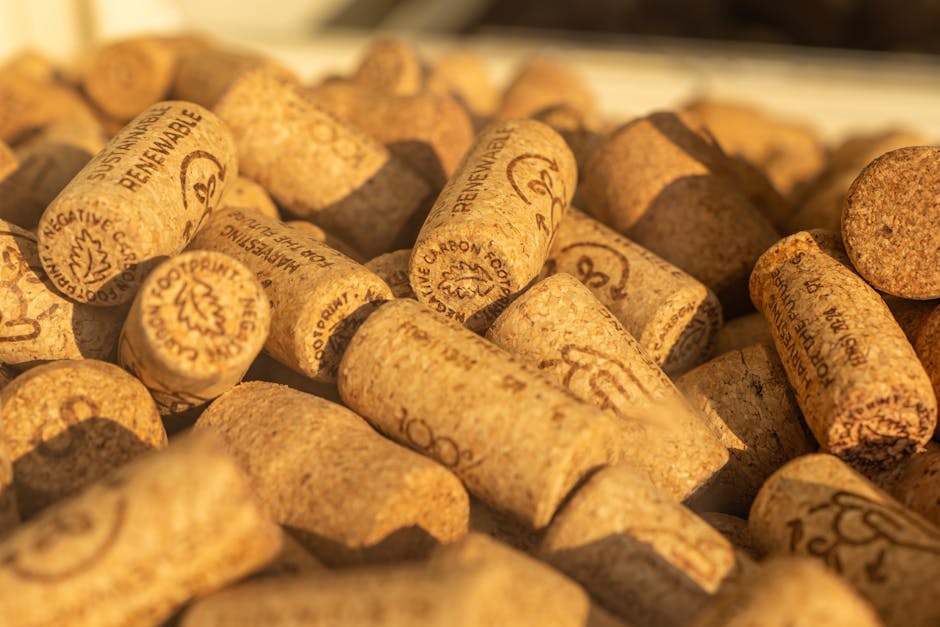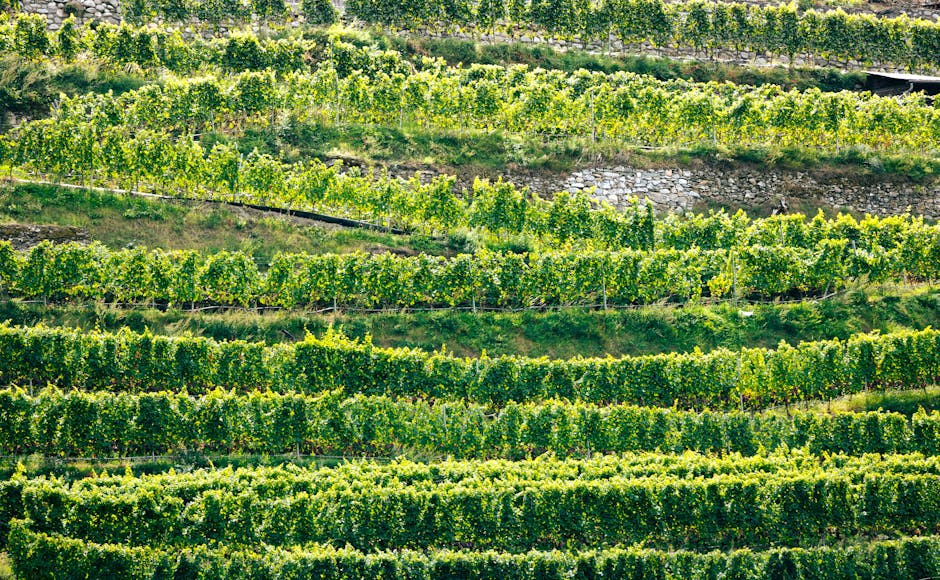Wine Regions That Celebrate Sustainability
Did you know that the wine industry is making strides in sustainability? From reducing carbon footprints to preserving local ecosystems, many wine regions are taking big steps to protect the planet. This article dives into some of the most eco-friendly wine regions around the globe, showcasing their efforts and what they mean for your next glass of wine.
What Does Sustainable Wine Mean?

Sustainability in wine refers to practices that protect the environment while producing high-quality grapes. This includes:
- Using organic farming methods
- Conserving water
- Reducing chemical use
- Preserving local wildlife
Think about it. When vineyards use fewer chemicals, they help keep the surrounding land, air, and water clean. This not only benefits the environment but also enhances the wine’s quality and flavor.
Which Wine Regions Are Leading the Way?

Several wine regions have embraced sustainability. Lets explore some of the most notable ones:
1. Napa Valley, California
Napa Valley is famous for it’s stunning views and top-notch wines. But did you know many wineries here follow sustainable practices? About 80% of Napas vineyards are certified sustainable.
Wineries like Stag’s Leap Wine Cellars focus on organic farming and use solar energy to power their facilities. They also aim to reduce waste by composting grape skins and other materials.
2. Bordeaux, France
Bordeaux, a classic wine region, is not just about tradition; it’s also about innovation. Many producers here participate in the “High Environmental Value” certification. This means they follow strict guidelines to minimize their environmental impact.
Producers like Chteau Smith Haut Lafitte use natural fertilizers and encourage biodiversity on their estates. They plant cover crops to enhance soil health and reduce erosion.
3. Marlborough, New Zealand
Marlborough is known for it’s vibrant Sauvignon Blanc. The region is also a leader in sustainable practices. Many vineyards here are certified organic or biodynamic.
For instance, Cloudy Bay Vineyards practices minimal intervention winemaking and focuses on natural pest control methods. They even incorporate sheep grazing to manage grass growth without herbicides.
4. Barossa Valley, Australia
Barossa Valley is another excellent example of sustainability in wine. The region prioritizes water conservation, which is crucial in Australias dry climate. Many vineyards use drip irrigation systems to minimize water waste.
Wineries like Penfolds focus on preserving local flora and fauna. They have initiatives to enhance biodiversity in their vineyards, making it a better habitat for wildlife.
Why Is Sustainable Wine Important?

Sustainable wine is crucial for several reasons:
- Environmental Protection: It reduces pollution and conserves natural resources.
- Quality Improvement: Sustainable practices often lead to better tasting wines.
- Consumer Health: Fewer chemicals mean safer products for consumers.
Experts agree that sustainability is the future of the wine industry. As Dr. Madeline Puckette, co-founder of Wine Folly, states, Sustainable practices can yield grapes that truly express the land they come from.
How Can You Support Sustainable Wine Producers?

Want to make a difference with your wine choices? Here are some simple ways to support sustainable wine producers:
- Look for Certifications: Seek out wines labeled organic or certified sustainable.
- Ask Questions: don’t hesitate to inquire about a winery’s practices when wine shopping or at tastings.
- Choose Local: Local wineries often have a smaller carbon footprint.
- Share Your Knowledge: Educate friends and family about the importance of sustainable practices in wine.
By making informed choices, you contribute to a healthier planet while enjoying delicious wines.
What Are Some Common Misconceptions about Sustainable Wine?
Many people have misconceptions about sustainable wine. Here are a few common ones:
Is Sustainable Wine More Expensive?
While some sustainable wines can be pricier, many are priced competitively. Remember, investing in sustainable practices often leads to better quality, making it worth the price.
Does Sustainable Wine Taste Different?
Some consumers worry that sustainable wines won’t taste as good. In truth, many winemakers find that sustainable practices enhance the wine’s flavor and character.
Are All Organic Wines Sustainable?
Not all organic wines are sustainably produced. While organic farming avoids synthetic chemicals, sustainability also considers social and environmental impacts throughout the production process.
what’s Next for Sustainable Wine?
The future looks bright for sustainable wine. Many regions are setting ambitious goals to improve their practices. For example, Oregon aims to have all it’s vineyards certified sustainable by 2050.
This shift not only helps the environment but also attracts eco-conscious consumers. As awareness grows, more producers will likely adopt sustainable methods, making it easier for everyone to enjoy responsibly made wine.
Conclusion: Toast to Sustainability!
Next time you pour a glass, consider the journey it took to get there. By choosing wines from sustainable regions, you’re supporting eco-friendly practices. Whether you’re sipping a bold Barossa Shiraz or a crisp Marlborough Sauvignon Blanc, you can feel good knowing you’re making a positive impact.
So why not raise a glass to sustainability? Cheers to a greener future, one sip at a time!
For more information on sustainable wine practices, check out Wine Enthusiast.
Explore More!
If you’re eager to learn about other wine topics, check out our article on Wine Tasting Tips for beginners!



